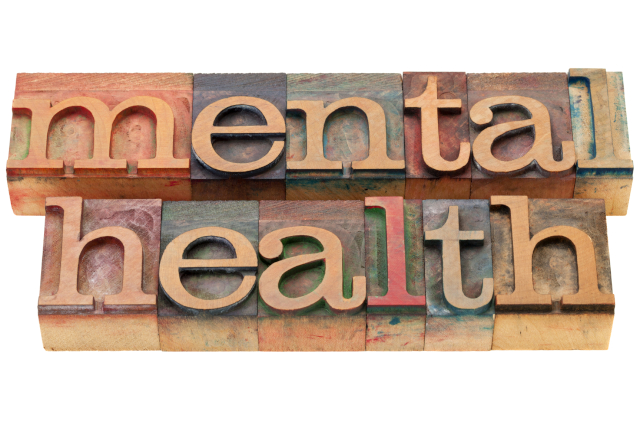A new study by the RAND Corporation finds that nearly 9 in 10 Californians who reported having a mental health problem in the past 12 months said they had experienced discrimination because of it.
 Most often, respondents reported discrimination in intimate social relationships. But more than 40 percent also reported “high levels of discrimination at school, in the workplace, and from health care providers and law enforcement officials,” the study said,
Most often, respondents reported discrimination in intimate social relationships. But more than 40 percent also reported “high levels of discrimination at school, in the workplace, and from health care providers and law enforcement officials,” the study said,
The study is based on responses to the 2014 California Well-Being Survey. Researchers surveyed 1,066 people who had previously reported mild to serious psychological distress.
Other findings:
- 81 percent of respondents who had previously suffered a mild to moderate or serious level of psychological distress said the public discriminates against mental illness.
- Just 41 percent said that people are “caring and sympathetic” to people with mental illness.
- More than two in three said they would definitely or probably hide a mental health problem from coworkers or classmates.
- More than one in three said they would hide a problem from family or friends